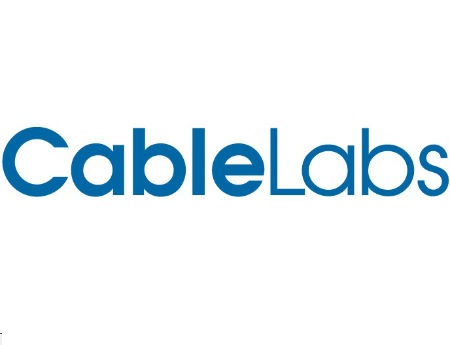DOCSIS 3.1 OKs Accelerated by ‘Rolling’ Test Waves
The smarter way to stay on top of the multichannel video marketplace. Sign up below.
You are now subscribed
Your newsletter sign-up was successful

In DOCSIS terms, cable modem vendors were able to achieve certification for the new, more efficient DOCSIS 3.1 platform in record speed.
CableLabs unveiled the technical underpinnings of DOCSIS 3.1 in October 2012, and published the specs a year later, beating its deadline to reach that milestone by the end of 2013.
Matt Schmitt, vice president of lab services at CableLabs, shed some additional light on how the organization and its members and partners were able to rapidly achieve these milestones in this blog post.
While noting that it took a collaborative effort from engineers and execs from MSOs and vendors to reach the certification milestone so rapidly, Schmitt also highlighted changes in the certification process.
“In addition to the extensive Interops and the addition of Dry Run testing events, one of the resulting changes was the adoption of a ‘rolling wave,’ whereby manufacturers were able to rapidly update their devices as issues were discovered until they were able to successfully pass Certification,” Schmitt explained. “That cut out a lot of overhead and repetition, with the result that first generation devices were able to reach the point of being compliant with the DOCSIS 3.1 specifications unusually rapidly…All of this was part of a deliberate approach of partnering closely with manufacturers to help to get DOCSIS 3.1 devices to cable operators as quickly as possible.”
He said CableLabs held a total of 27 interoperability and dry run testing events involving makers of modems, headend and test equipment.
Regarding certification itself, Schmitt explained that the approval means the modems comply with the DOCSIS 3.1 versions of the MAC and Upper Layers Protocol Interface (MULPI) specification, the Physical Layer Interface (PHY) specification, the Security (SEC) specification, and the Cable Modem Operations Support System Interface (CM-OSSI) specification.
The smarter way to stay on top of the multichannel video marketplace. Sign up below.
Considered a key element of cable’s all-IP transition, DOCSIS 3.1 is designed to support downstream capacity of up to 10 Gbps, and at least 1 Gbps in the upstream. To ease migrations, the first D3.1 modems are hybrids that support both D3.0 and D3.1-based traffic, enabling operators to seed the market with the devices as they deploy new spectrum dedicated to D3.1.
DOCSIS 3.1 is expected to be about 50% more efficient than DOCSIS 3.0 partly through the use of OFDM, a technique that will enable operators to pack tiny subcarriers into wide blocks of bandwidth and utilize higher levels of modulation. DOCSIS 3.1 also support low density parity-check (LDPC), a Forward Error Correction (FEC) scheme that uses less bandwidth than the current Reed-Solomon approach.
Here’s a snapshot of how DOCSIS 3.1 got from there to here:
-October 18, 2012: CableLabs and MSO execs outline the technical makeup and anticipated performance metrics of DOCSIS 3.1 at a standing room only session at the SCTE Cable-Tec Expo in Orlando.
-October 30, 2013: CableLabs releases the product specs for DOCSIS 3.1.
-August 24, 2014: CableLabs said it has “opened the door” to vendors that are seeking to certify and qualify products for DOCSIS 3.1.
-September 2014: CableLabs president and CEO Phil McKinney said development of DOCSIS 3.1 technologies are “slightly ahead” of schedule.
-December 2014: CableLabs conducts what will be the first in a series of DOCSIS 3.1 interops.
-July 23, 2015: Speaking on a Q2 earnings call, Neil Smit, president and CEO of Comcast Cable, says the MSO plans to start DOCSIS 3.1 market trials in Q4.
-September 21, 2015: CableLabs puts on a dog and pony show with suppliers and MSOs at its Louisville, Colo.-based headquarters to demonstrate that D3.1 technology is “real”
-December 22, 2015: Comcast announces it installed a D3.1-based modem on a “customer-facing” network the month before in Philadelphia, and has since expanded tests to other parts of Pennsylvania, as well as in northern California and Atlanta, Ga.
-January 13, 2016: CableLabs announced it has certified its first batch of D3.1 modems – products from Askey, Castlenet, Netgear, Technicolor and Ubee Interactive.
